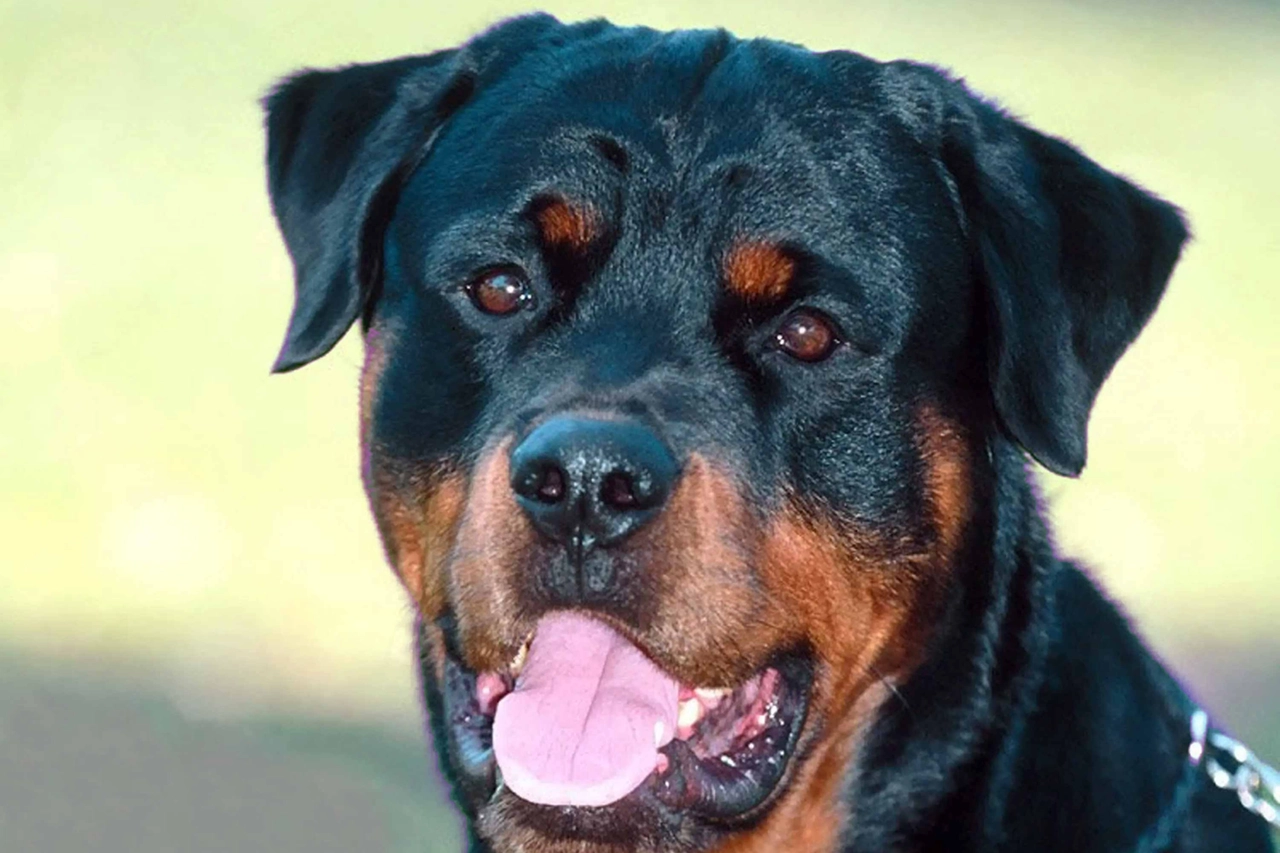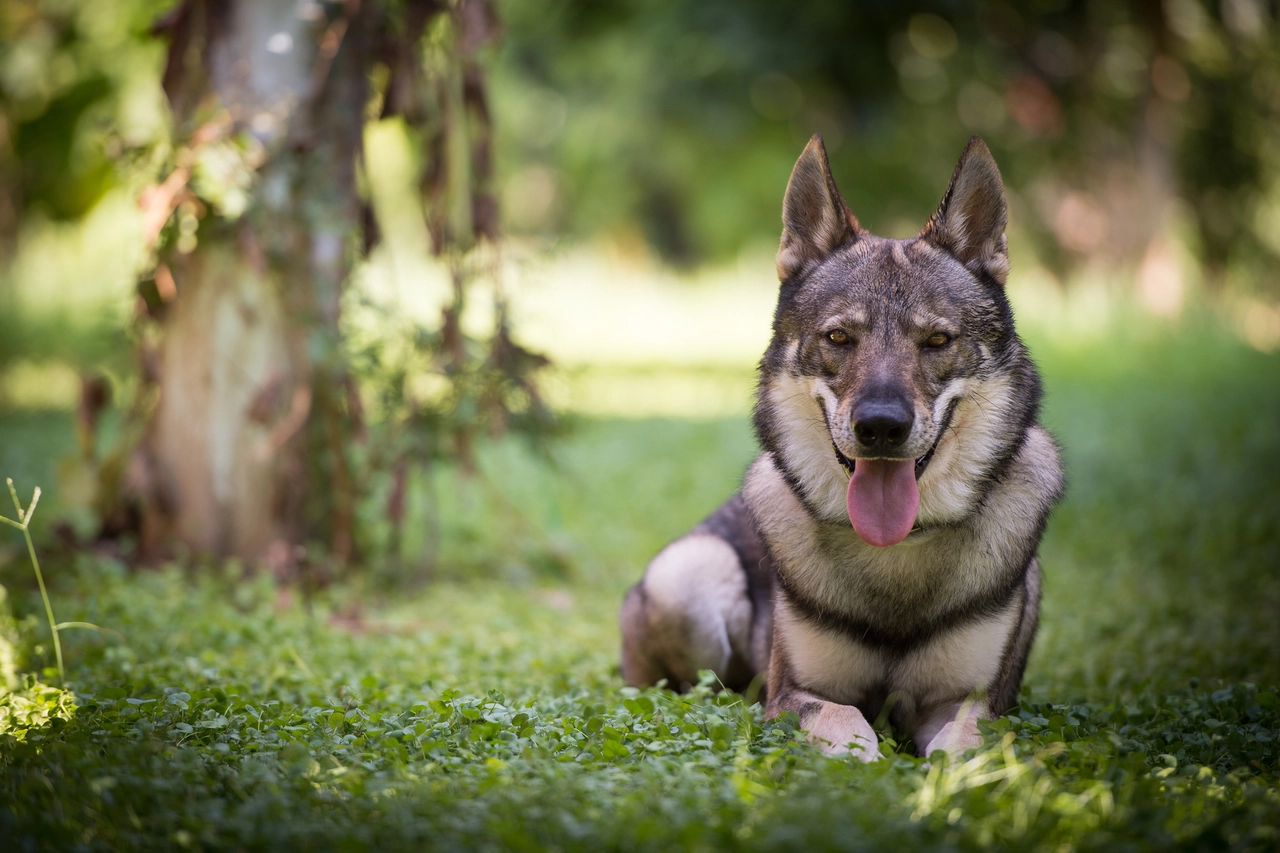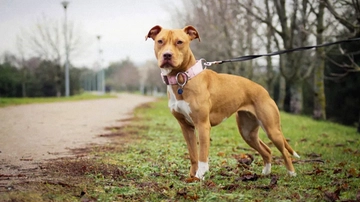Lombardy and the license for 26 dog breeds. Who pays? And what happens if you don't pass the exam? Questions and answers

Milan, June 26, 2025 – In recent days, the Lombardy Regional Council approved a bill to Parliament to introduce a mandatory license for owners of 26 types of dogs. The proposal includes a mandatory training course structured in two modules, a theoretical part and a practical part for owners of bull terriers, molossoids and other types considered demanding . Furthermore, the rules presented list the prohibitions and obligations of owners and the provisions for the reproduction, sale and transfer of dogs and include public awareness and school information campaigns. Do you want to know more? Here is the detail of what the measure includes .
Here is the list of affected dog breeds : Dogo Argentino, Fila Brasileiro, Japanese Tosa, American Pit Bull Terrier, Bull Terrier, American Staffordshire Terrier, Bullmastiff, Rottweiler, Cane Corso, American Bulldog, Charplanina Sheepdog, Anatolian Shepherd Dog, Central Asian Shepherd Dog, Caucasian Shepherd Dog, Maremma Sheepdog, Belgian Malinois, German Shepherd, Rafeiro do Alentejo, Rhodesian Ridgeback, Tosa Inu, Bandog, Boerboel, Akita Inu, American Akita, Czechoslovakian Wolfdog, Saarloos Wolfdog.

As often happens in these cases, the news has sparked a strong debate also among social media (especially among those who have a four-legged friend in the family, but not only) with positions in favor, against and those who suggest additions or changes to the rules. There has been no shortage - obviously - of reactions from those who, like the Enpa (National Animal Protection Agency) work on the front line. The national president of Enpa Carla Rocchi explained: "I have the impression that it is certainly a law of good will, but very much a flag , because the difficulties will arise on a case-by-case basis".

"The attempt to create a 'license' was made in the past - explained the head of the National Animal Protection Agency to Adnkronos -. As animal protection we have always criticized that the dangerousness is placed on the breed as such, but this is not the case. The dangerousness of dogs depends on a series of educational and environmental factors ", Rocchi underlined. "If Lombardy feels more at ease with this proposed law, - observed the president - what can we say? However, it does not resolve the issue, also because it is not explicit who will finance the training course for dog owners promised by the proposal ". And then, Rocchi said, "once this process is over, what happens if the owner doesn't pass the test? Who will take charge of the dogs, the Lombardy Region? The answer to this is often to invoke the assignment to shelters, of which Lombardy has a rich network, but it is very easy to imagine theoretical cases. There is no automatic link between seizures and the assignment of the dog to a shelter if there is no certainty of who will cover the costs".

On the text of proposed law no. 4 , the Regional Council presented some amendments, approved yesterday, one of which establishes that the obligation of a 'license' does not apply to owners of dogs registered in the Enci genealogical book, that is, dogs that have a pedigree . According to Carla Rocchi "if you focus on the breed, then it must be the priority. If you focus, instead, on the fact that a purebred dog is not considered dangerous if it is registered, while if it is not it becomes dangerous, it seems to me to be a criterion that is at the very least lax". All this, according to the Enpa president, "makes little sense. Also because it is the circumstances of life that make a dog potentially dangerous . It is legitimate for Enci to want to protect its activity, but one wonders: either the breeds are dangerous, and then it does not matter where they come from, or if registration in a list makes them not dangerous, then the law should discriminate between good and bad dogs depending on whether or not they are registered in the lists".
Il Giorno






